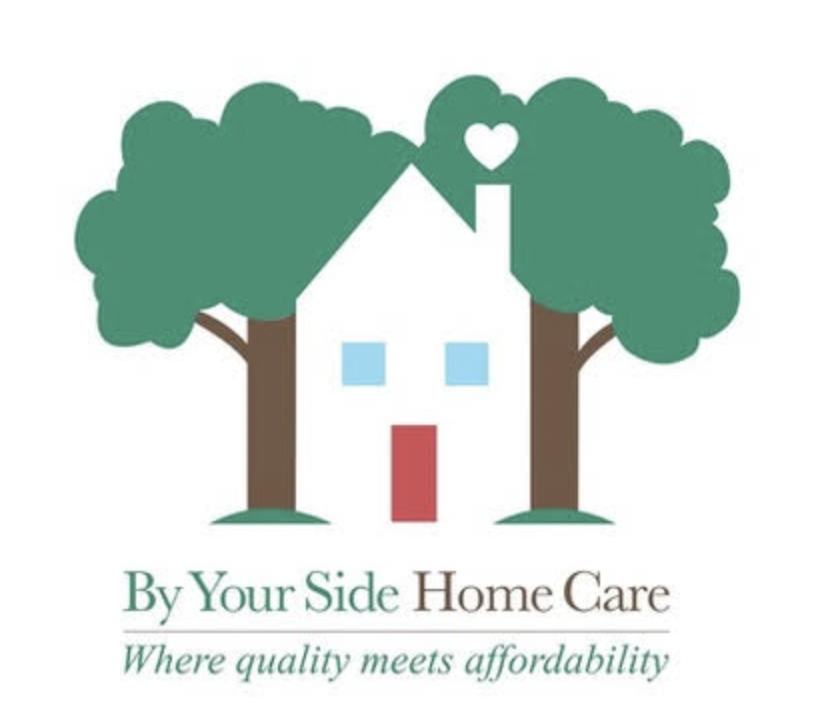National Healthcare Decision Day
National Healthcare Decisions Day (NHDD) was founded in in 2008. NHDD helps raise awareness of the importance of advance care planning. It encourages people to take charge of planning what their healthcare wishes are and encourages them to share these with their families and healthcare providers. Making these key decisions in advance, as much as possible, reduces some of the stress on loved ones and their families when challenging healthcare issues arise.
What is advance care planning?
Advance care planning involves deciding what types of treatment you would or wouldn’t want if you were not able to speak for yourself, and then informing and discussing with your family and healthcare providers what your preferences are. Advance care planning includes:
Finding out what types of life-sustaining treatments are available.
Based on your personal values, deciding which treatments you would or would not want, should you be diagnosed with a life-limiting illness.
Sharing your choices with your loved ones by creating an advance directive. This is a legal document that explains what medical treatments you want or don’t want.
Choosing a proxy. This is someone that you give authority to make medical decisions for you if you’re unable to speak for yourself.
How do you know when to help your aging loved one?
Healthcare is one of the more difficult parts of aging to manage. Most people over the age of 70 have at least one chronic condition. This can mean multiple healthcare providers and visits plus prescriptions to remember to take. Managing their healthcare can become even more complicated with the complex ever-changing Medicare rules and paperwork to fill out.
All these challenges require that one should be somewhat knowledgeable about healthcare to able to navigate the system. Also, many healthcare providers may not speak in easily understood medical terms or be able to spend substantial time with each patient to answer questions. For older adults who might be easily confused and overwhelmed already, meeting these challenges often isn’t possible.
There are questions you can ask yourself to determine if your loved one needs help in advance care planning:
Does your loved one express a need for help?
Are they easily overwhelmed making decisions about their health?
Is the information they provide to their healthcare provider accurate and complete?
Are they experiencing memory loss or confusion?
Does your loved one have vision or hearing disabilities that could make their communications with healthcare providers difficult?
Keeping the line of communication open between you and your aging loved one will help you to know when it is time to offer your support. Be patient and listen with respect and sensitivity to what their advance care planning decisions are.
Resources available for Advance Care Planning
The Conversation Project has guides to download and print that can help start the difficult conversation about healthcare decisions for care through the end of life – https://theconversationproject.org/get-started#Your-Conversation-Starter-Guide
The National Hospice and Palliative Care Organization (NHPCO) offers suggestions on communicating your healthcare wishes to loved ones or talking with your aging loved ones about what their healthcare wishes are – https://www.nhpco.org/patients-and-caregivers/advance-care-planning/communicate-your-end-of-life-wishes/
The American Bar Association provides information and planning tools on the legal side of advance care planning – https://www.americanbar.org/groups/law_aging/resources/health_care_decision_making/
We hope you find these resources useful for your loved ones, perhaps even for yourself. Please contact us if you are ready to start the conversation about home care for your loved one.

